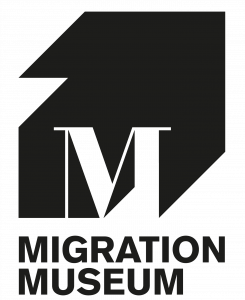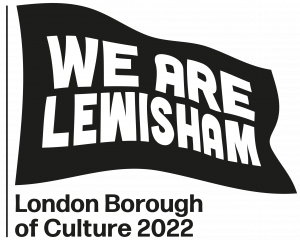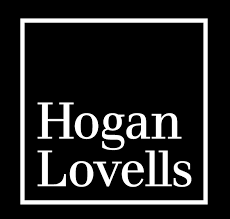Unhindr
Ugur Tanriverdi
Before ‘mama’ or ‘papa’, my first word was ‘maka’, short for makine (machine in Turkish). I was excited by machines from a young age and my brain was always trying to understand the technical aspects of things. In a way, the human body is a machine, and that made me interested in biomedical engineering.
I came to the UK to do my master’s degree in Advanced Engineering Design and then I did my Ph.D. I applied to countless jobs but because I was a Turkish citizen, most of my applications were rejected even though I was at the top of my graduating cohort. Sadly, you are just a number to immigration officials – you have to prove that you are worthy of respect and that you are good enough to live in this country. And I decided I wasn’t going to leave because I had a lot to contribute. I set up my own business under a Turkish entrepreneur visa.
My company, Unhindr, makes wearable robotics technology that helps amputees walk more comfortably. Humans are one and a half centimetres shorter in the evening compared to the morning and our hands and feet are larger in the evenings. Most of us don’t notice these changes. But when you lose a limb, they give you a prosthetic that is not flexible, and it can be very painful.
Our technology allows you to change the fitting of your prosthetic, by making it tighter, looser or shifting pressure points. Over time, AI learns from your comfort level and starts making changes automatically. This seems like a small thing but makes a huge difference in the lives of people with amputations.
My start-up is in London, and when it becomes successful, it’s going to bring benefits to the UK economy. I want people to realise that the potential of someone is not defined by the symbol on the front of their passport. I want to leave a legacy behind me. People might not know my name, but I will know that I made a difference in some people’s lives.
Image: Jason Alden/Imperial College London





